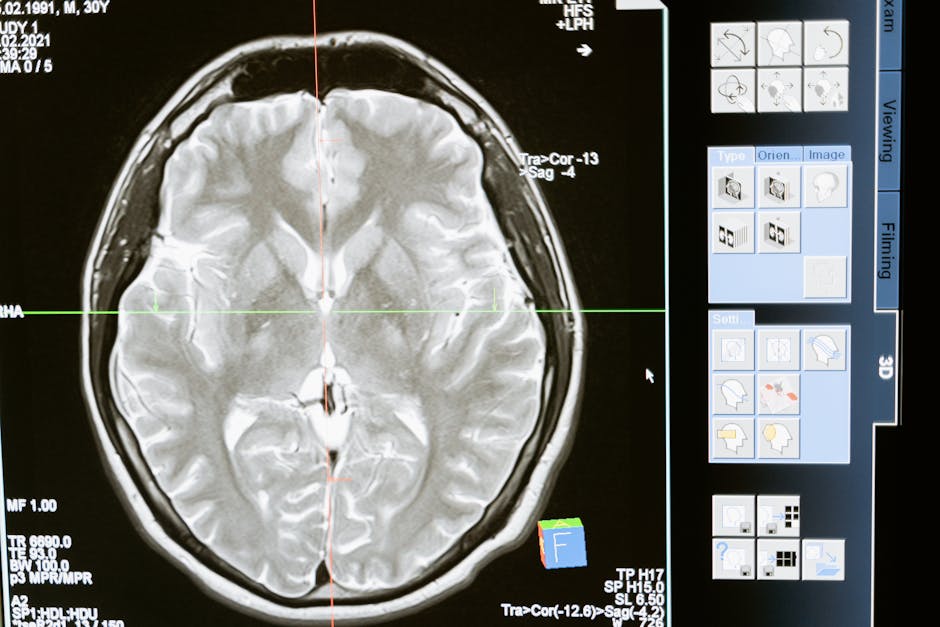Reimagining Assessment: Transform Online Learning with Real-World Solutions
In the dynamic world of online learning, educators and institutions are constantly seeking innovative ways to evaluate student progress beyond conventional methods. Traditional assessments, often rooted in rote memorization, simply don’t capture the complexity of real-world problem-solving abilities. Enter a revolutionary approach: reimagining assessment by emphasizing real-world challenges. This shift not only enhances student engagement but also prepares learners to thrive in a rapidly evolving job market. In this article, we’ll explore how transforming assessment methods can genuinely redefine online learning experiences, making them more relevant, interactive, and effective.
The Landscape of Online Learning Today
The rise of digital education has dramatically altered how knowledge is consumed and evaluated. With over 1.6 billion learners across the globe engaged in online education during the pandemic alone, methods of assessing their progress have struggled to keep pace. Traditional tests often fail to measure true comprehension and application of knowledge, leading to gaps in learning outcomes. According to Harvard Business Review, there’s a strong correlation between student engagement in real-world problem-solving activities and higher retention of knowledge, making it essential for educators to adapt accordingly.
Why Traditional Assessments Fall Short
To appreciate the potential of alternative assessments, it’s crucial to understand the shortcomings of traditional methods:
- Outcome Limitations: Standardized tests primarily measure memorization rather than critical thinking or application. A student may ace an exam yet struggle to apply concepts in practical situations.
- Student Engagement: The pressure of timed tests can create anxiety, leading to performance that does not reflect students' understanding or abilities.
- Diverse Learning Styles: Students learn differently—while some may excel in written assessments, others might demonstrate their knowledge through projects or collaborative tasks. Traditional assessments often ignore these variations.
As GSI Teaching and Resource Center emphasizes, varied assessment strategies can help cater to different learning preferences, ultimately leading to better educational outcomes.
Introducing Real-World Problem Solving in Assessment
So, how can we transform assessment in online courses to reflect real-world challenges? Here are several strategies for doing just that:
1. Project-Based Assessments

Instead of administering conventional tests, consider employing project-based assessments that require students to engage with real-world problems. This method not only promotes collaboration but also encourages critical thinking. For example, a business course might require students to develop a marketing strategy for a local startup.
By implementing project-based assessments, educators can shift the focus from grades to the learning process, allowing students to apply theoretical knowledge in practical contexts. To dive deeper into this methodology, check out our article on gamification in learning, which discusses how engagement principles can help create enjoyable yet powerful assessments.
2. Simulations and Role-Playing

Simulations provide students a hands-on experience in a safe environment, allowing them to experiment and learn from failures without real-world consequences. For instance, nursing programs can utilize patient simulation scenarios that mimic clinical decision-making, while business courses might involve creating and leading a virtual team meeting.
Enabling students to step into different roles helps cultivate empathy and collaboration skills, vital components for any career. You can read more about immersive online learning in our post on interactive storytelling.
3. Collaborative Assessments

Creating opportunities for students to work together teaches vital teamwork and communication skills that are essential in the professional world. Collaborative assessments—where groups tackle real-world issues—allow students to share diverse perspectives and find innovative solutions.
In an environmental science class, for example, students might collaborate to develop a sustainability plan for their school or community. This not only reinforces the learning material but fosters a sense of ownership and relevance in their studies.
4. Self and Peer Assessments

Encouraging students to assess their own work—and that of their peers—can enhance understanding and accountability. These assessments encourage reflection and critical analysis, nurturing skills vital for lifelong learning.
Implementing self-assessment rubrics helps students recognize their strengths and areas for improvement, making their learning journey more personalized. By incorporating elements from our article on cultivating curiosity, educators can design self-reflection exercises that inspire deeper thinking.
Incorporating Technology in Assessments

As online learning evolves, so too do the tools at educators' disposal. Technologies such as virtual reality (VR) and augmented reality (AR) hold immense potential for transforming assessments. For instance, VR might allow students to practice skills in a simulated environment, while AR can overlay critical information onto real-world contexts.
By leveraging technology, educators can create immersive experiences that elevate assessment beyond mere memorization. To understand how these advancements play a role, take a closer look at our post on immersive history learning.
5. Timely Feedback Loops

Constructive feedback is integral to the learning process. Real-time assessments help students identify where they stand in their learning journey and provide opportunities for improvement.
Platforms that facilitate immediate feedback—like quizzes with automated scoring—allow students to review their answers and learn from errors promptly. The insights gained from feedback can lead learners to formulate strategies that improve future performance.
6. Incorporating Soft Skills with Assessments

In today’s job market, soft skills such as communication, emotional intelligence, and teamwork are as crucial as technical skills. Online assessments should take these into account, thus preparing students for diverse career paths.
Methods to assess soft skills can include reflective essays, group projects, or participation in discussions. By integrating soft skills into assessments, we prepare learners to navigate real-world challenges effectively. For more insights on enhancing emotional intelligence, our article on emotional intelligence in online learning may prove helpful.
Challenges and Considerations in Reforming Assessment

While reimagining assessments offers myriad benefits, the transition isn’t without challenges:
- Assessment Consistency: Ensuring fairness and consistency across various student assessments can be complex. Clear rubrics and guidelines are critical.
- Resource Allocation: Implementing innovative strategies may require investment in new technologies, training, or infrastructure.
- Instructor Training: Educators must receive training on effective assessment strategies to facilitate meaningful experiences for students.
By addressing these challenges, institutions can propel their assessment strategies into a transformative realm, ensuring a higher quality of education for both students and instructors.
Final Thoughts
Reimagining assessment in online learning isn't merely about changing how we test knowledge; it is about shifting the focus towards cultivating skills needed for real-life challenges. By emphasizing real-world problem-solving through project-based, collaborative, and technology-driven assessments, educators can enhance the learning experience.
As we navigate the complexities of online education, it’s essential to acknowledge the potential of innovative assessment strategies to better engage learners, bridge skill gaps, and prepare students for success in their personal and professional lives. Embrace these transformative ideas and help foster a generation of agile, adaptable, and skilled individuals ready to tackle the challenges of tomorrow.





